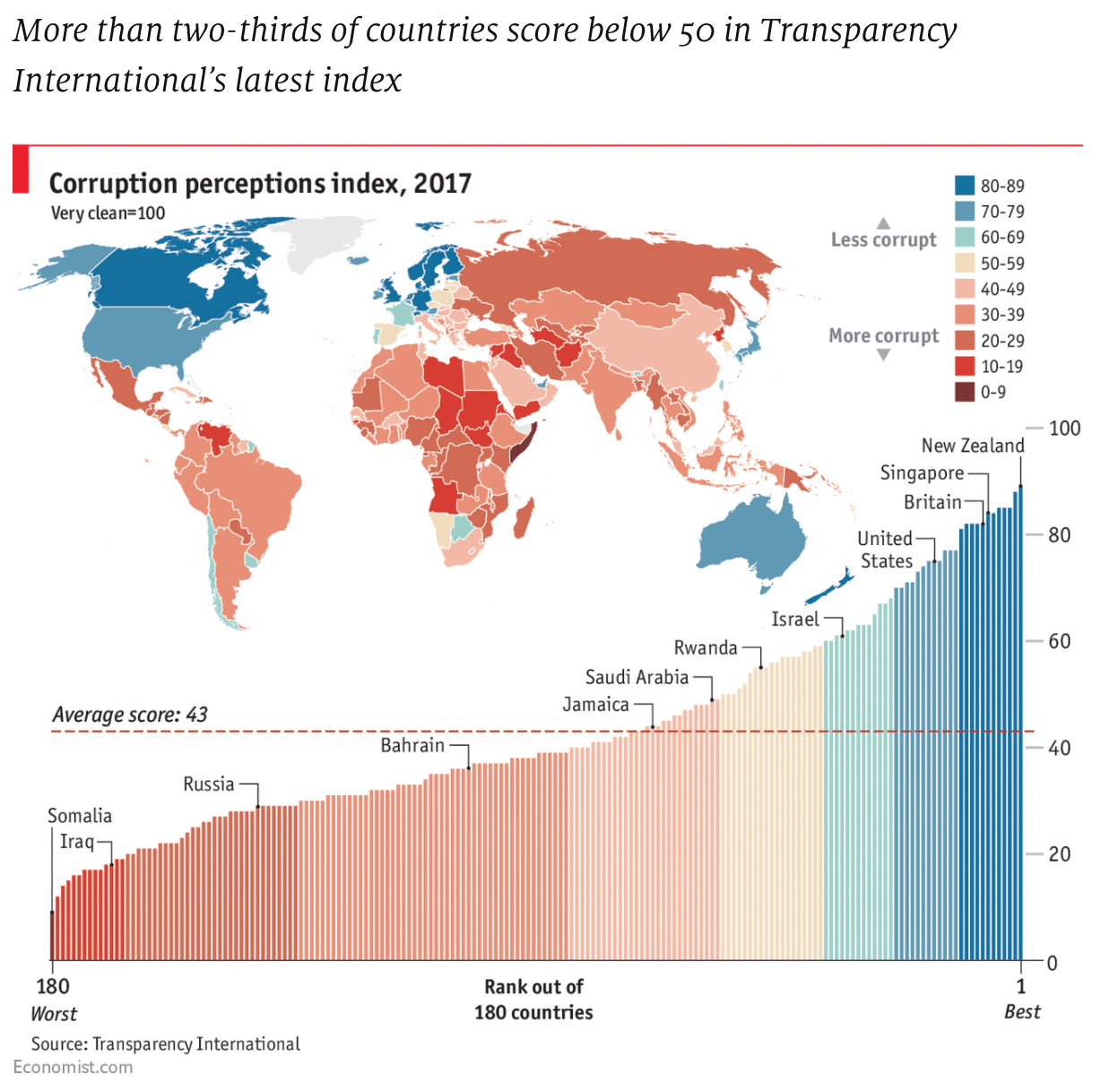Market Action
Stocks were up modestly for the week, breaking the recent trend of sharp swings which produced the worst week in two years and the best week in five years in succession. The dust has appeared to settle a bit, but volatility is likely to persist as markets adjust to evolving economic and interest rate conditions.
ECB meeting minutes released on Thursday showed that during the January meeting, ECB officials expressed concern over dollar weakness that could adversely impact euro exports and lower imported inflation. The US reaffirmed its strong dollar policy this week.
At its January meeting, the last with Janet Yellen serving as chair, the US Federal Reserve acknowledged the strengthening economic growth outlook in the United States, which bolstered its plans for raising short-term interest rates and led economists to support the idea of four rate increases in 2018.
Led by Japan, the 11 countries of the original Trans-Pacific Partnership – down from 12 since the US withdrew from negotiations in early 2017 – released this week the final version of a deal aimed at cutting trade barriers. The deal is expected to take effect at the end of 2018 or first half of 2019. The 11 countries are Australia, Brunei, Canada, Chile, Japan, Malaysia, Mexico, New Zealand, Peru, Singapore, and Vietnam.
Cyprus announced it is nearing an agreement to sell natural gas to Egypt, marking the second potential supply deal in as many days with the North African country vying to position itself as a regional energy hub after the startup of the giant offshore Zohr field. The partners in Israel’s Tamar and Leviathan natural gas fields – Delek Drilling and Noble Energy – said on Monday that they have signed 10-year agreements to sell $15B worth of natural gas to Egyptian company Dolphinus.
The world’s largest oil exporter, Saudi Arabia, is exploring the use of nuclear energy for domestic energy consumption as part of its transition away from an oil-based system.
Militias loyal to the Syrian government swept into the northwestern enclave of Afrin this week in support of Kurdish militias – the result of a deal between the Syrian government and Kurdish militias, with the backing of Iran and Russia – reclaiming the territory from Turkish forces that have been battling toward the city for nearly a month.
Please click here for this week’s update on market returns.
This Week from BlackSummit
Crossroads: At the Intersection of Geopolitics and Geoeconomics
Andy Quirk
Recommended Reads
Mapping Capital Flows Into the U.S. Over the Last Thirty Years
Brad W. Setser
While Washington Spends, China Moves to Cut Its $30 Trillion Debt Load
Brian Bremner
Nobody Wants to Let Google Win the War for Maps All Over Again
Mark Bergen
Video of the Week
Manta ray swims through plastic in Southeast Asia
Image of the Week

